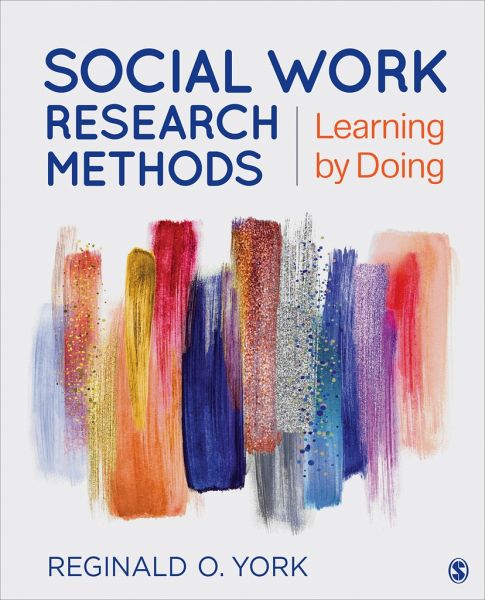Nicht lieferbar

Social Work Research Methods
Learning by Doing
Versandkostenfrei!
Nicht lieferbar
Social Work Research Methods: Learning by Doing instills in students an appreciation for science-informed practice as a means of evaluating client outcomes. The book includes a step-by-step journey through the process of conducting research.







